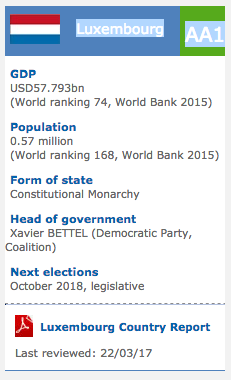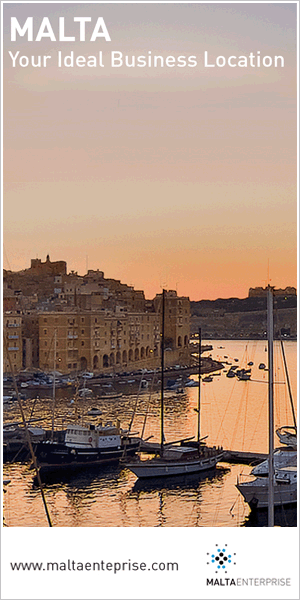Germany: Germany Art / Culture Profile 2012
2012/03/12
Germany Art / Culture Profile 2O12
Germany has one of the richest cultural heritages in the western world. German musical tradition reaches back to the medieval minnesingers and meistersingers. Johann Sebastian Bach was one of the great composers of the Baroque period. The composers Ludwig van Beethoven and Johannes Brahms were masters of the classical era. Richard Wagner was an important composer of the Romantic period. Notable modern German composers include Richard Strauss, Paul Hindemith, and Carl Orff. Many annual music festivals are held, including the Wagner Festival at Bayreuth and the Beethoven Festival at Bonn.
Germany has produced many leading poets, dramatists, and novelists. Johann Wolfgang von Goethe and Friedrich von Schiller were leaders of the German Classicist movement during the 18th century. Max Reinhardt, Bertolt Brecht, and others made Berlin a center of modern drama after World War I. The German authors Gerhart Hauptmann, Thomas Mann, and Heinrich Böll have won the Nobel Prize for literature.
Painters of distinction from Germany include Albrecht Dürer, Hans Holbein the Younger, and Lucas Cranach. The Expressionist movement began in Germany with Franz Marc and Vasily Kandinsky, a Russian emigré.
Germany has produced many notable architects, philosophers, and scientists. Ludwig Mies van der Rohe and Walter Gropius were leading architects in the 20th century, and Germany was home of the Bauhaus school of art and design. Major contributions to philosophic thought were made by Immanuel Kant, Georg Friedrich Hegel, Arthur Schopenhauer, and Friedrich Nietzsche. Important scientific discoveries were made by the astronomer Johannes Kepler, the chemist Justus von Liebig, and the physicists Hermann von Helmholtz and Albert Einstein.
Ceremonies. Germany's festive calendar includes a cycle of Christian holidays, which are observed especially but not exclusively by Catholics. In October, many towns celebrate harvest festivals that combine regional traditions with Modern tourist attractions. Carnival, or Fastnacht, is celebrated throughout Germany but especially in the Rhineland and the south. The carnival season begins on 11 November and ends on Mardi Gras with parades and "fools' assemblies" organized by local voluntary associations.
Arts. Germans have made major contributions to all of the typically Western fine arts, especially music. The folk traditions of Germany's various provinces declined with industrialization and urbanization, but some are still maintained as expressions of local patriotism or in connection with the promotion of tourism. A distinctively German cinema had its origins in the Weimar Republic and was revived in West Germany after the war. Postwar themes in German literature and cinema include especially the Nazi past, the Westernized or Socialist present, and resulting problems of German identity.
- Germany News
-
- FRANCE: Aluminium-Lithium Alloys Fight Back
- CHINA: Zhongwang Acquires German Alumnium Extrusion Firm ALUnna
- AFGHANISTAN: UNWTO: International tourism – strongest half-year results since 2010
- ALBANIA: US LNG exports make European market more competitive
- GERMANY: German Producer Price Inflation Slowest In 7 Months
- GERMANY: German Economy Set To Continue Strong Momentum In Q3
- Trending Articles
-
- CHINA: China Invites 5 Countries As Guests For BRICS Summit
- ISRAEL: PM Netanyahu leaves on historic visit to Latin America
- WORLD: UN report attacks austerity budgets for growing inequality
- INDIA: Uztrade JSC creates Trading House in Delhi
- KAZAKHSTAN: Uzbek, Kazakh law enforcement agencies sign co-op memo
- RWANDA: Women Make Up More Than Half of Rwanda's New Cabinet














